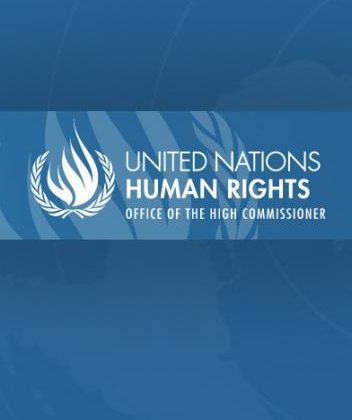The 2018 Annual Report of the UN Special Rapporteur on Toxics outlines the deadly consequences of toxic exposure in the workplace. In fact, around 2.8 million workers a year die due to unsafe or unhealthy conditions, roughtly one person every 15 seconds – and one every 30 seconds from toxic exposure alone.
The report shows that one of a major contributors to work-related death is cancer, making up roughly 70% workplace diseases. This is most often caused by the (preventable) inhalation of carcinogenic chemicals or exposure to radiation. Over 200 different (known) toxins were also identified and workers expsoed to these in high doses, or over a prolonged period, suffer from a range of conditions. As described by the UN report, this includes:
“Debilitating and fatal lung diseases, neurological disabilities, and reproductive impairments such as infertility and inability to carry a pregnancy to term are among various other health impacts that plague workers exposed to toxic substances.”
After decade long stand-off, Samsung apologises to workers for illness and deaths
It is the responsibiltiy of employers to address this abuse of workers and find urgent solutions to the deaths of millions of workers globally. Some companies have begun to do this, for example in 2018 Samsung apologised to South Korean workers which have suffered long-term work-related illnesses – also offering compensation to those affected.
UN experts raise concerns about working conditions at Samsung factories in Vietnam. Sign the petition to protect workers!
However, even these gestures are often too little too late and fail to address the root causes of work-related illness at an international or industry-level. For example, UN human rights experts have raised concerns about human rights violations at Samsung Vietnam. This follows a 2018 report by CGFED and IPEN criticsing Samsung for its hazardous working conditions in Vietnam and the lack of information given to workers on the toxic chemicals they handle.
This points to the need for a new approach to preventing workplace safety that goes beyond compensation schemes. The global union IndustriALL argues that companies like Samsung must engage with unions to make safer workplaces – workers have a right to know about the safety of their workplace and to collectively hold companies accountable if standards are not met.
Samsung must engage with unions to improve safety
Read the original article here.












